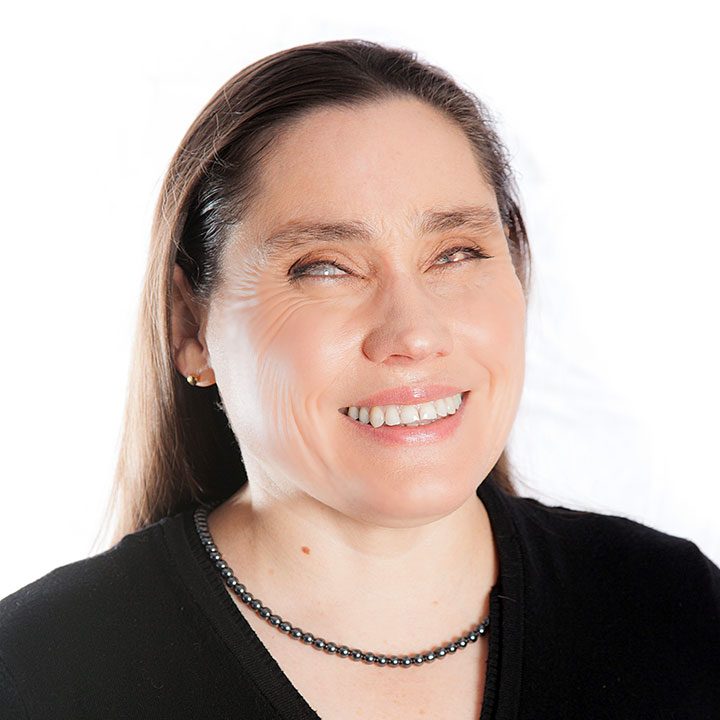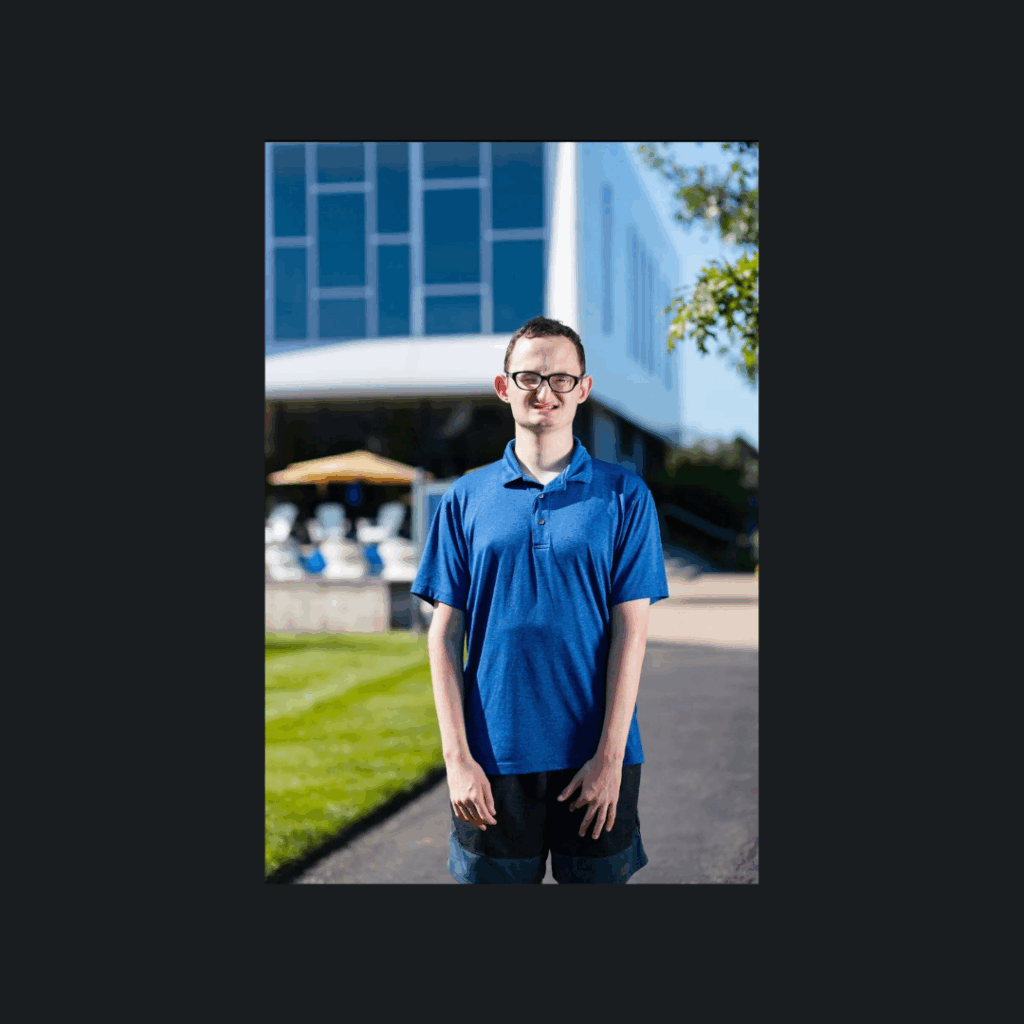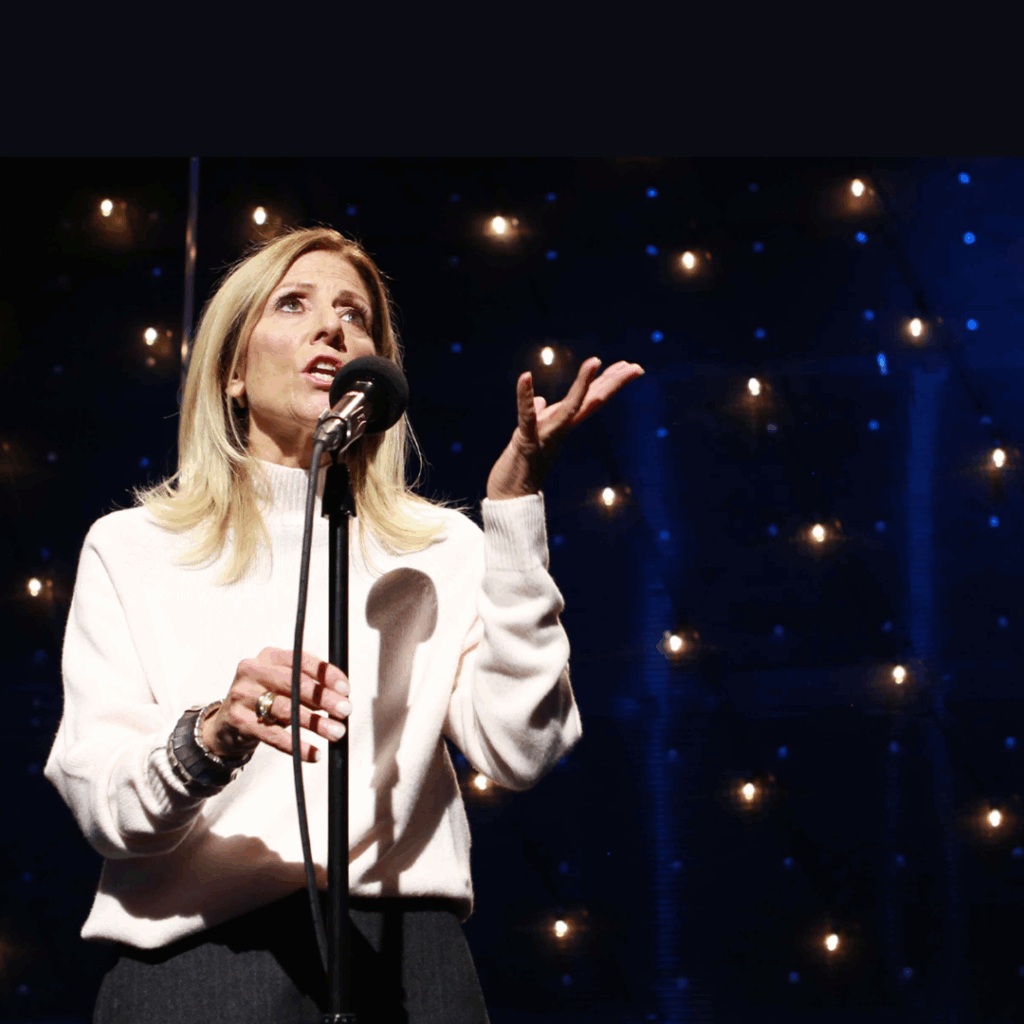This is not the first time I’ve had cause to ponder the meaning of my blindness. It’s a question that crops up often in conversations with friends, in interviews, and when I first meet people. So I’ve given it a significant amount of thought and have no reservations in saying that my blindness has no meaning in my life – none at all.
You see, I am not defined by my blindness. It is simply part of who I am, just as the fact that I have brown hair is part of who I am, just as the fact that I am short is part of who I am. My blindness simply is.
A far more important question for me is the implications of my blindness: in other words, to what extent does the fact that I am blind impact on my life and the things I want to do? and the answer is that my blindness doesn’t have a significant impact there either.
Sure, there are some things that I cannot do because I cannot see – I can’t drive a car (well, I can, but I really ought not to do so – at least, not until driverless cars become a practical option), a career in brain surgery is probably not an option, nor that of mixing paint colours in a hardware store (though I’d imagine that is a fairly automated process now so perhaps I’m making assumptions on that last one).
Joking aside, it is inevitable that there will be certain tasks that my blindness makes more difficult but only a few that are impossible, especially now that technology enables us to do so much more than we used to.
A little bit about me
It would make sense for me to tell you a little of my story. I lost my sight when I was 21 years old as a result of Type 1 (childhood onset) diabetes. A month later I returned to university to complete my Bachelor of arts degree. You see, after the doctors had broken the news that my blindness was permanent, I decided that I was not going to let it dictate what I could do – that I was going to take back control of my life, experiment and find out what was still possible for me. That decision has had a profound impact on my approach to life.
Many of my friends and colleagues tell me they are amazed because of what I do despite my blindness. But you see, I don’t think I’m doing anything special – just like you I am doing the things I need to do to lead a full, enjoyable and productive life.
Here are just a few of the things that I love doing with a brief explanation of how I accomplish the tasks. You can find more in my book “A Different Way of Seeing: a Blind Woman’s Journey of Living an ‘Ordinary’ Life in an Extraordinary Way.”
Socializing
I love engaging with people. As a professional speaker and author I spend a lot of my time talking to people. I am also fortunate to have friends and family spread across the world. Technology is therefore essential to both my professional and personal life. I use e-mail, text, WhatsApp, Facebook, Skype, LinkedIn, Facebook messenger to communicate with people, as well as my telephone. I have also been flirting with various online webinar platforms to hold meetings and online training sessions as a way to grow my speaking business. Wait a moment – you use the same applications I do to stay in touch with people? So there really isn’t a difference in the way sighted and blind people work, is there?
Consuming media
I love reading, listening to podcasts and to music and, again, technology makes both of these activities easier for me. I read e-books on my computer using either my screen reader, JAWS, or the Voice Over functionality that comes standard with any iPhone, and use standard applications to listen to podcasts and music. So, once again, I’m using the same technology that you are as a sighted person, just perhaps in a slightly different way. What fascinates me about technology is that when I first lost my sight, you needed equipment that was specifically designed to assist a blind person and the equipment was usually bulky, expensive and (in South Africa at least) hard to get hold of. Nowadays the trend is to use applications to turn a standard electronic item into one that is usable without sight – hooray for technology!
Cooking
I also love cooking and am fully capable of rustling up a meal using my other senses to compensate for my lack of sight. Did you know that you can smell when vegetables are ready? Or that you can listen to hear when the mincemeat that you’re browning is ready to have other ingredients added? I also use my sense of hearing when pouring a cup of coffee to tell me when the mug is almost full. Essentially I am doing just what a sighted person would do but I’m using my other senses rather than my sight. Okay, so sometimes things don’t work out quite as anticipated – like the time I needed to add salt to a pasta sauce I was cooking and added sugar instead (I could not understand why the sauce didn’t get any saltier but remained stubbornly sweet!), or the time I added boiling water to an instant soup only to find that the sachet I’d selected from the cupboard was actually a potato bake sauce mixture. But hey, those types of mistakes happen to sighted people too, and i have yet to create something that is totally inedible.
Traveling
If I had to decide on a favourite activity it would have to be travel. I love visiting other cities and other countries and have been fortunate to visit 20 different countries around the world since losing my sight. I know many people wonder why on earth I spend money going to places that I am unable to see and sure, I don’t get to experience sightseeing in quite the same way as my sighted husband. Yet I can gain a real sense of the places I visit by using my other senses. You’d be amazed at what you can learn about a country and its people by listening to the way they talk and engage with the people around them, how much you can learn about a culture from the food, how much you can learn from the attitudes of the people with whom you interact. And of course there is much to be learned from the sense of touch – I’ve been privileged to touch one of the pillars of the ancient Athenian Acropolis in Greece, the Liberty Bell in Philadelphia, and many other remarkable artefacts of history from around the world.
Occasionally I visit a place that I swear you can almost feel a sense of history- I felt that way walking around the ancient Italian city of Pompeii that was engulfed by volcanic ash and pumice when the nearby volcano, Mt Vesuvius erupted in 79AD and lay untouched until the town was rediscovered in 1748. I felt like I could almost reach out my hands and touch history!
So maybe I don’t have exactly the same experience when we travel, but I am able to use my other senses to form a fairly detailed picture of the places we visit, an experience I refer to as site-being (as opposed to sightseeing).
These are merely a few of the things that I do on a day to day basis. As I said, I do not believe that my lack of sight impacts significantly on what I can and cannot do. My blindness certainly does not determine who I am and how I live my life. And, like many of my blind and visually impaired friends.
I’d far rather spend my life focusing on the (very many) things that I can do rather than the (very few) that I cannot.
Lois Strachan is an inspirational speaker, workshop facilitator and author who uses her personal story to change people’s perspective of the world around them and the challenges they face. She is the author of the illustrated children’s books, “The Adventures of Missy Mouse” and “A Different Way of Seeing: A Blind Woman’s Journey of Living an ‘Ordinary’ Life in an Extraordinary Way.” Lois lives in Cape Town, South Africa, with her husband and 4 dogs, one of whom is her guide dog, Fiji. You can find out more about Lois at LoisStrachan.com.



